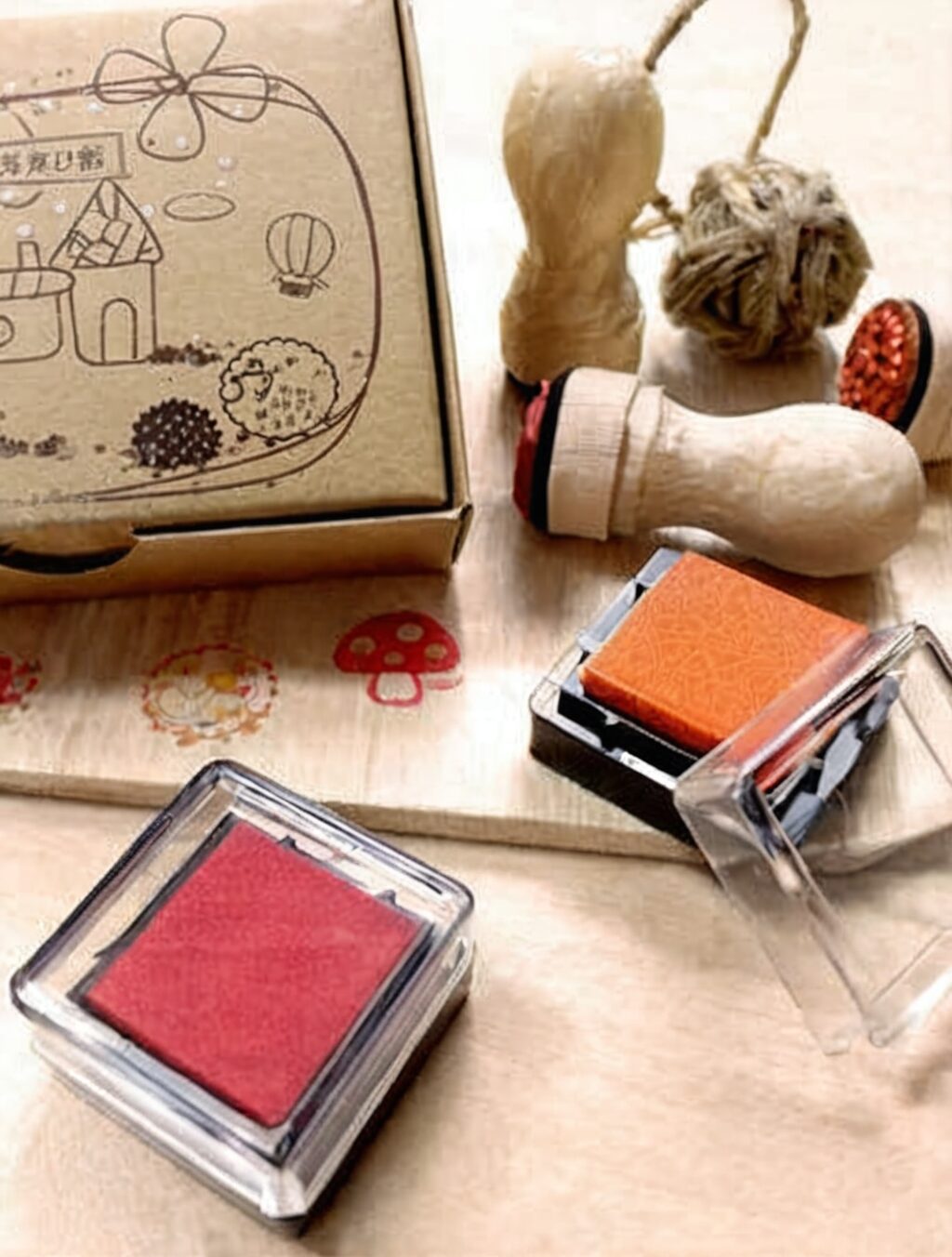What Are the Gift Giving Taboos in Japan?
The act of gift-giving in Japan is steeped in tradition and etiquette. While it can be a wonderful way to show your appreciation or affection, it’s important to be aware of certain taboos to avoid causing offense.
- Never Give a Gift With One Hand: Gifts should always be presented with both hands to show respect.
- Avoid Giving Sharp Objects: Knives and scissors are considered unlucky in Japan and should not be given as gifts.
- Don’t Wrap Gifts in White: White is associated with death and mourning in Japan, so it should not be used for gift wrapping.
- Be Careful with Flowers: Certain flowers, such as white lilies and red camellias, are associated with funerals and should not be given as gifts.
- Don’t Give Gifts of Unequal Value: When giving gifts to multiple people, try to ensure they are of equal value to avoid any embarrassment.
- Don’t Refuse a Gift: It is considered rude to refuse a gift in Japan. If you must decline, do so politely and offer an alternative.
- Return Gifts Appropriately: It is customary in Japan to give a return gift of equal or slightly lesser value within a month of receiving a gift.
FAQs:
- What should I do if I accidentally break a gift taboo?
Apologize profusely and offer to replace the gift with something more appropriate. - Is it okay to give money as a gift in Japan?
Yes, money is an acceptable gift, but it should be given in a discreet envelope. - What are some appropriate gift ideas for Japan?
Food items, teacups, sake sets, or traditional Japanese crafts are all good options.
Understanding the gift giving taboos in Japan is essential for maintaining proper etiquette and avoiding any cultural misunderstandings. By following these guidelines, you can ensure that your gifts are received with the utmost appreciation and respect.
what are the gift giving taboos in japan
